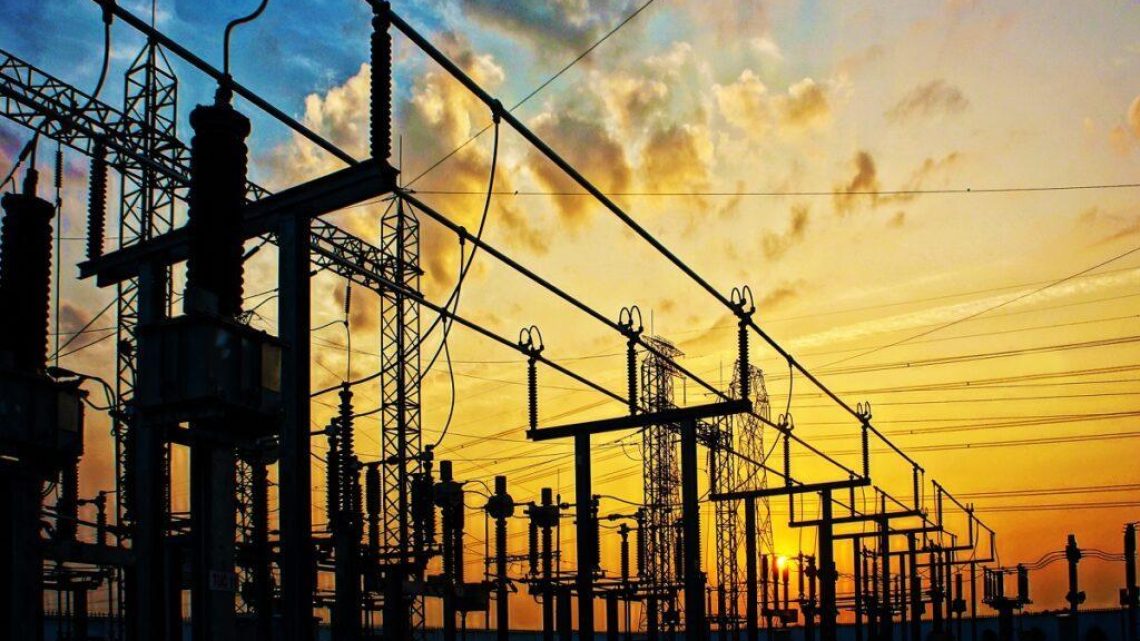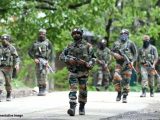
Jammu Protest Highlights Severe Power and Water Shortages Amid Heat Wave
May 31, 2024Workers from a Jammu-based organization recently staged a protest against the New Delhi-installed administration in Indian illegally occupied Jammu and Kashmir (IIOJK), demanding essential services like power and water amid soaring temperatures. The protest, led by Dogra Front Shiv Sena (DFSS) president Ashok Gupta, saw demonstrators gathering in Jammu city to voice their frustration over the administration’s failure to provide these basic necessities.
Carrying empty buckets and water pots, the protesters chanted slogans such as “Give us electricity, give us power” to express their dissatisfaction. DFSS chief Gupta spoke to reporters, highlighting the administration’s unfulfilled promises. “We are protesting against the power and water crises in Jammu. Despite the lieutenant governor’s promise of adequate power supply during the summer season, we have seen no improvement,” he said.
Gupta stressed the gravity of the situation, pointing out that the ongoing heat wave, with temperatures soaring up to 45 degrees Celsius, is causing significant hardship, particularly for children. “In temperatures soaring up to 45 degrees Celsius, our children are suffering the most due to the lack of water and power,” he emphasized.
The heat wave has exacerbated the already dire power and water shortages in several areas of Jammu. The crisis has led to widespread frustration and has prompted various forms of protest. A week ago, a group of women staged a demonstration at a local railway station, blocking trains to draw attention to the severe water shortage.
The lack of reliable power and water supply in Jammu is a persistent issue that affects daily life and health, especially during extreme weather conditions. The protesters’ demands for immediate and effective action reflect the urgent need for solutions to these recurring problems.
Analyzing the situation, it is evident that the administration’s inability to provide basic services is causing widespread distress among residents. The promise of adequate power supply during the summer, made by the lieutenant governor, remains unmet, highlighting a significant gap between administrative assurances and ground realities. This failure not only undermines public trust but also exacerbates the hardships faced by the local population.
The protests led by DFSS and other local groups underscore the growing frustration and desperation among the residents. The symbolic use of empty buckets and water pots during the demonstrations serves as a powerful visual representation of their plight. Such protests are not merely about power and water but also about the broader issues of governance and accountability.
The heat wave intensifies the urgency of addressing these shortages. Without reliable access to electricity and water, residents are left vulnerable to health risks, and daily life becomes a struggle. Children and the elderly are particularly at risk, and the situation could lead to more severe public health crises if not addressed promptly.
To conclude, the protest in Jammu highlights a critical issue of inadequate power and water supply amid extreme temperatures. The administration’s failure to deliver on its promises has led to widespread dissatisfaction and protests, emphasizing the urgent need for effective and immediate solutions.

